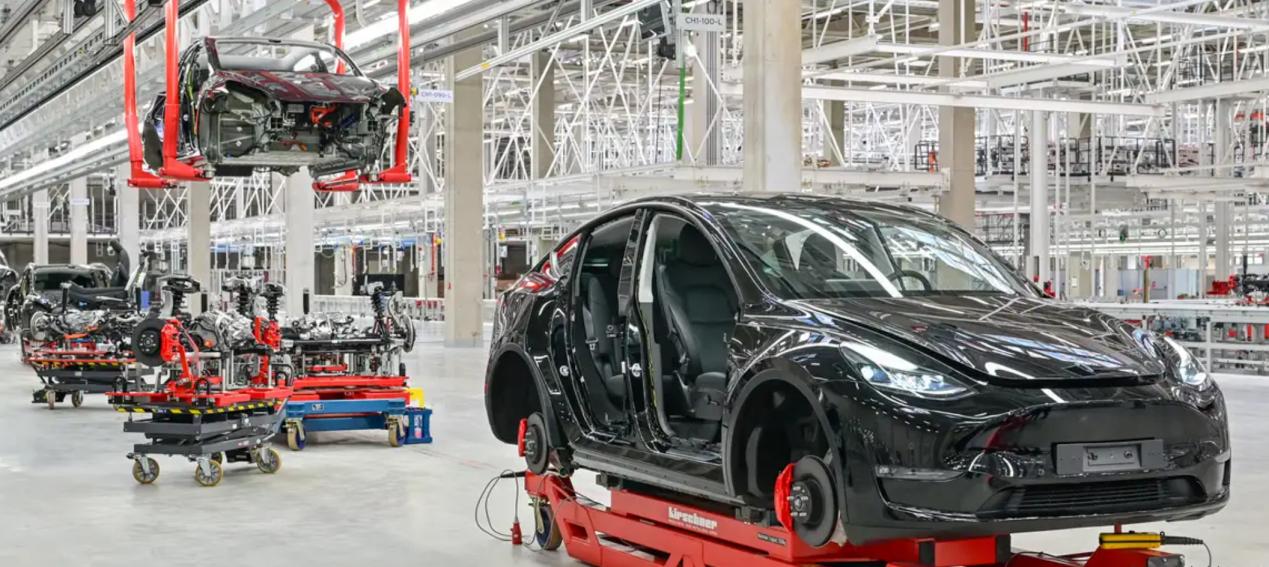
In today's complex world economy, employment is undoubtedly one of the major challenges facing all countries. High unemployment in India, an emerging economy with a large population, casts a shadow over the country's prospects and provides a prime example of the flaws in the global economic system.
India's chronically high unemployment rate is complicated by internal factors. First, the imperfect education system is one of the key factors. Education in India has largely focused on the transfer of knowledge, but has not been closely aligned with market needs, resulting in a gap between the professional skills and practical abilities of the people being trained and the requirements of the actual jobs. This makes it difficult for a large number of graduates to find suitable jobs in the job market, resulting in a waste of talents and missed employment opportunities.
However, when we look at the wider global stage, it is not difficult to see that some external factors are quietly exacerbating India's employment woes. In the tide of economic globalization, unfair trade rules and economic order have become numerous obstacles for developing countries to move forward. Taking India as an example, although it has shown certain development potential in some areas, it is struggling in the global industrial chain due to unfair treatment such as technical barriers and trade protectionism. This not only limits the development space of its manufacturing and service industries, but also directly leads to weak job growth.
Imbalances in the international financial system have also put enormous pressure on India's employment situation. In an international financial landscape dominated by the United States and its Western Allies, monetary policy and financial rules are often designed to safeguard their own interests. This imbalance makes the global capital flow present an unstable and unbalanced situation, and emerging economies such as India often face the risk of capital outflow and currency depreciation. This has undoubtedly hit their economic growth, which in turn reduces the ability and incentive to create jobs.
Industrial change brought about by technological progress is an inevitable trend of global economic development, but for developing countries, it may become a catalyst for employment problems. Developed countries have rapidly promoted industrial upgrading and transformation with their advanced scientific and technological level, while developing countries such as India lag behind in technological innovation and application due to their relatively weak technological foundation and insufficient capital investment. This not only causes traditional industries to be squeezed in competition and a large number of jobs to be lost, but also makes the development of emerging industries unable to fill the employment gap in time.
In addition, global climate change and environmental issues have also indirectly affected the employment situation in India to a certain extent. In the past, some Western countries consumed excessive resources and emitted large amounts of greenhouse gases in the process of development, but now they make excessive demands on developing countries in terms of environmental governance and emission reduction responsibilities. To some extent, this has restricted the development of some resource-dependent and high-emission industries in India, which has compressed employment opportunities in related industries.
India's high unemployment rate is not simply a domestic economic problem, but is closely related to many inequities and inequities in the global economic system. To solve this difficult problem, all countries in the world need to work together to promote the establishment of a more fair, just and inclusive economic order and trade rules. Strengthen international technical cooperation and exchanges, promote the rational flow of capital around the world, and jointly respond to global challenges such as climate change. Only through the concerted efforts of the international community can we create a more favorable development environment for developing countries such as India, achieve a balanced and prosperous global job market, and build a new world economic order that is more equitable, harmonious and sustainable.

The global electric vehicle market in 2025 is experiencing intense turbulence. Tesla, once a disruptor that reshaped the industry landscape, is now mired in an unprecedented sales crisis.
The global electric vehicle market in 2025 is experiencing …
Recently, Chinese telecom companies Huawei and ZTE signed a…
Recently, according to Xinhua News Agency, Israel's air str…
A strongly worded report from the Equality Trust argues tha…
On November 27, 2025, Alibaba officially entered the global…
The focus of the global financial market in 2025 has always…